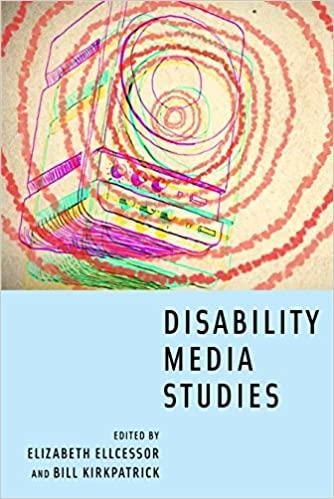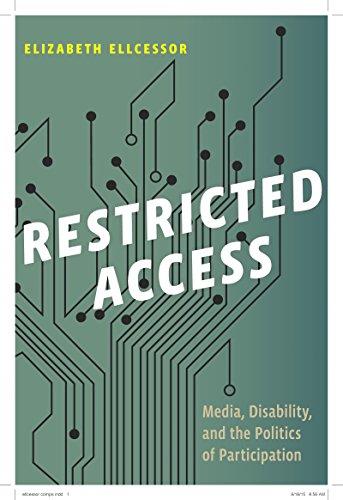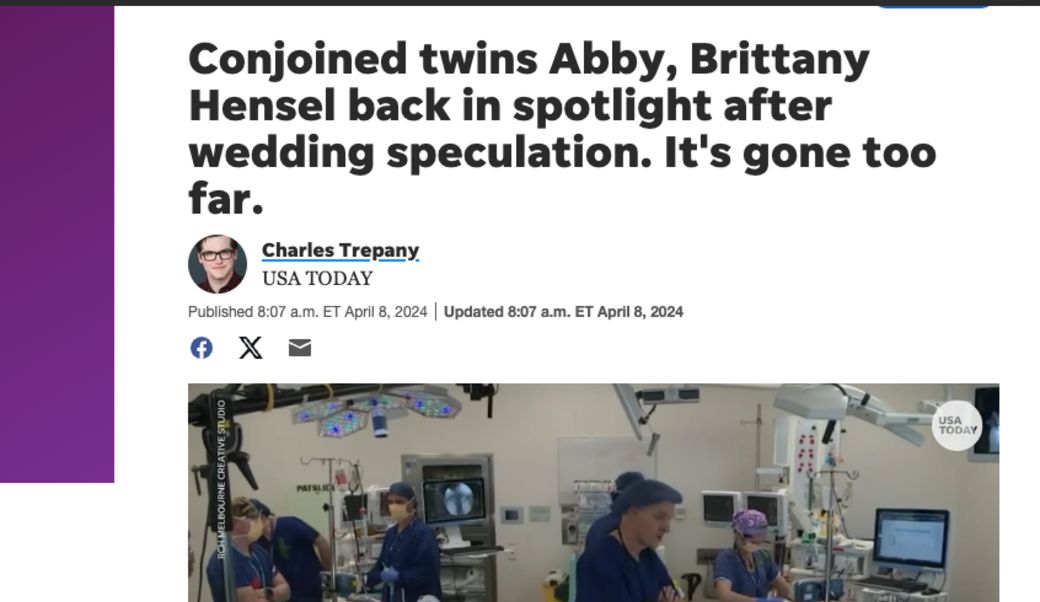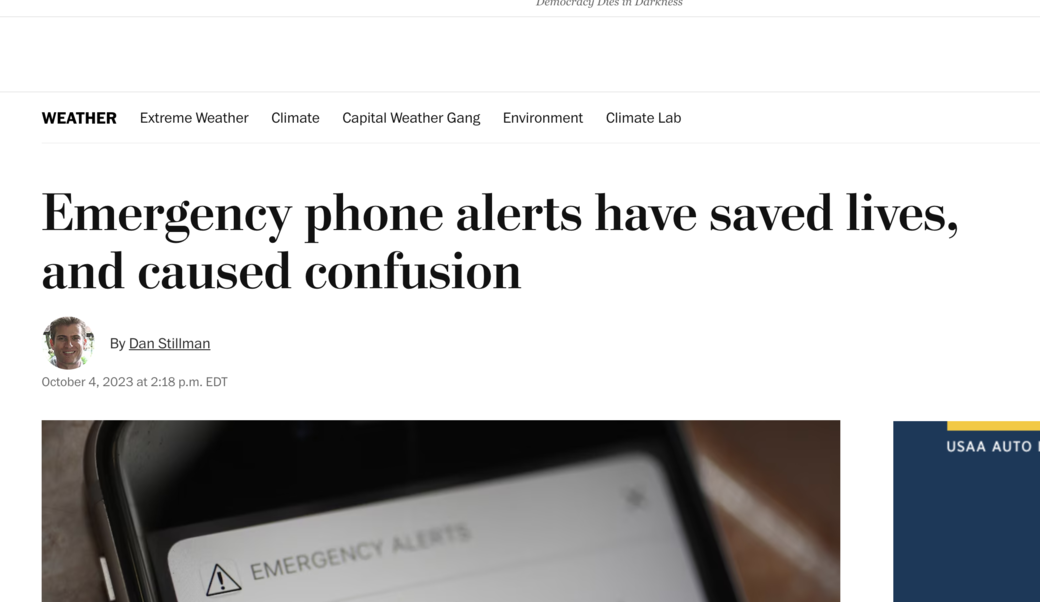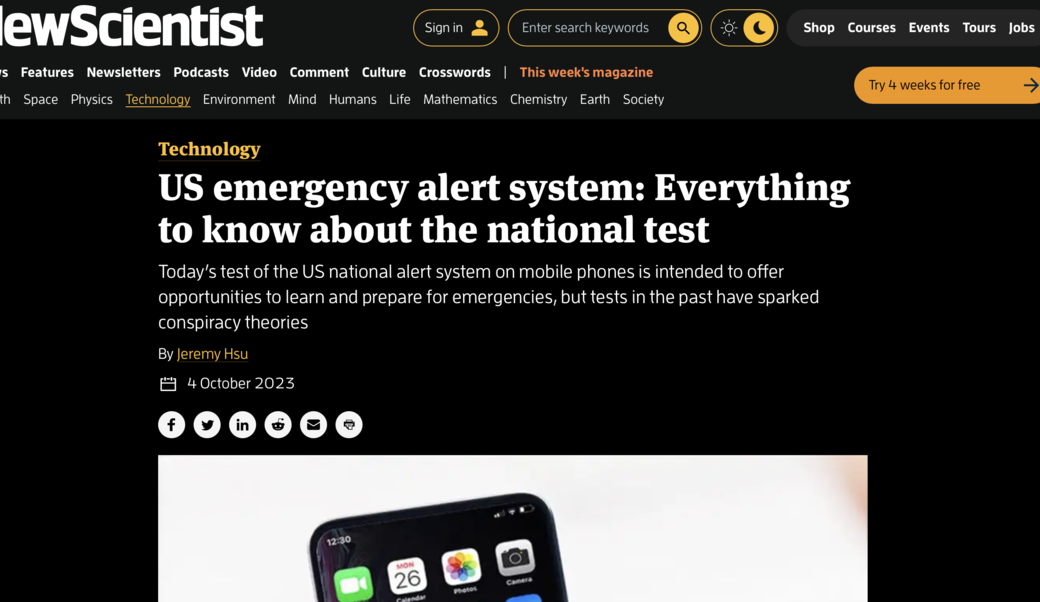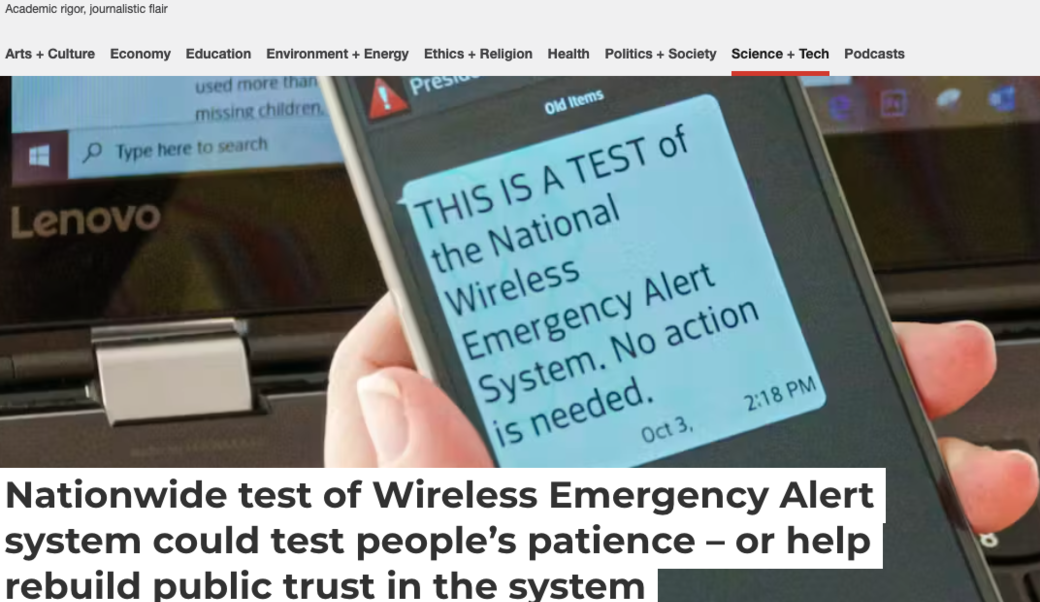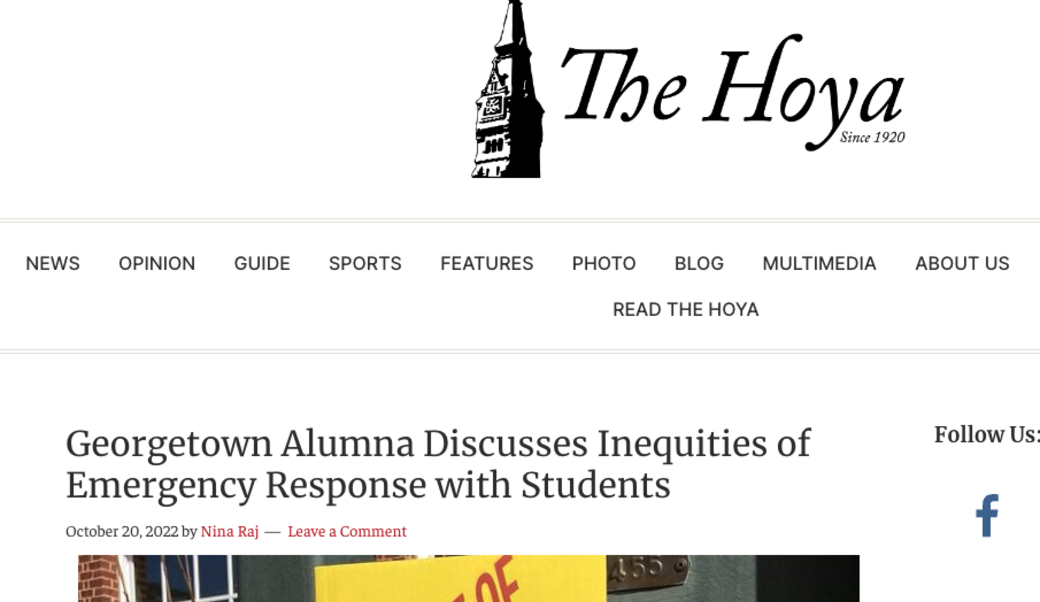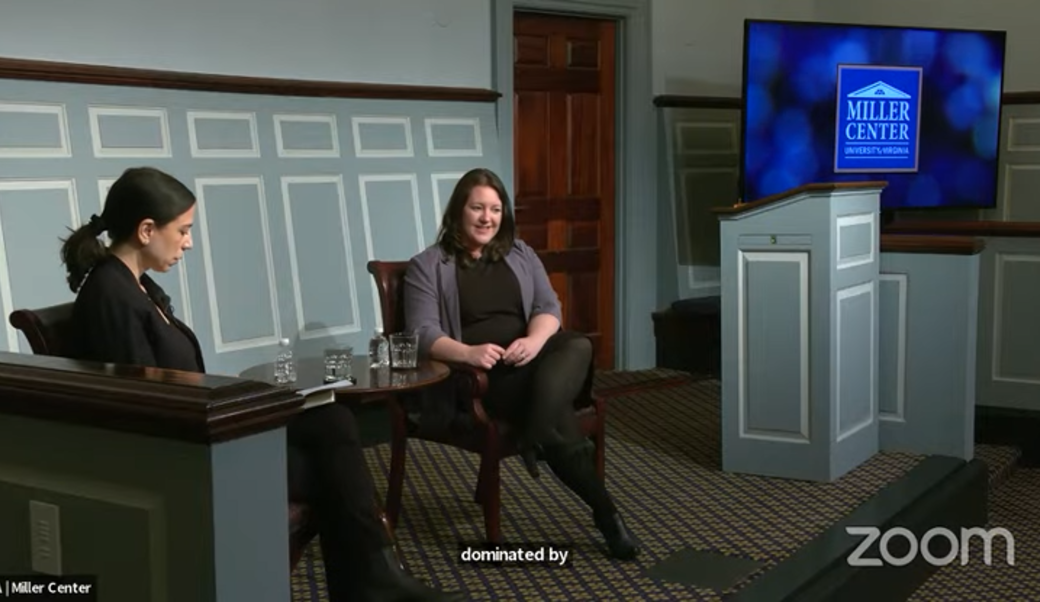Fast Facts
- Associate professor of media studies at the University of Virginia
- Expert on disability and accessibility
Areas Of Expertise
- Domestic Affairs
- Health
- Human Rights and Civil Rights
- Media and the Press
- Science and Technology
- Social Issues
Elizabeth Ellcessor is an associate professor of media studies at the University of Virginia. Her research engages questions of access to media and technology, with particular attention to disability and accessibility. Her book Restricted Access: Media, Disability, and the Politics of Participation (New York University Press, 2016) provides a cultural history of digital media accessibility from both policy and user perspectives. Her second book, Disability Media Studies, co-edited with Bill Kirkpatrick, is an approachable collection introducing readers to the wide range of portrayals of disability in popular media in the 20th and 21st centuries.
Currently, Ellcessor is completing a book about the impact of digital technologies on emergency media systems and attendant effects on access and equity. This book, In Case of Emergency: Infrastructure, Innovation, and Inequality, addresses technologies including Wireless Emergency Alerts, the LifeAlert medical alarm, smartphone apps featuring “panic buttons” and location tracking, and varied 911 implementations.
